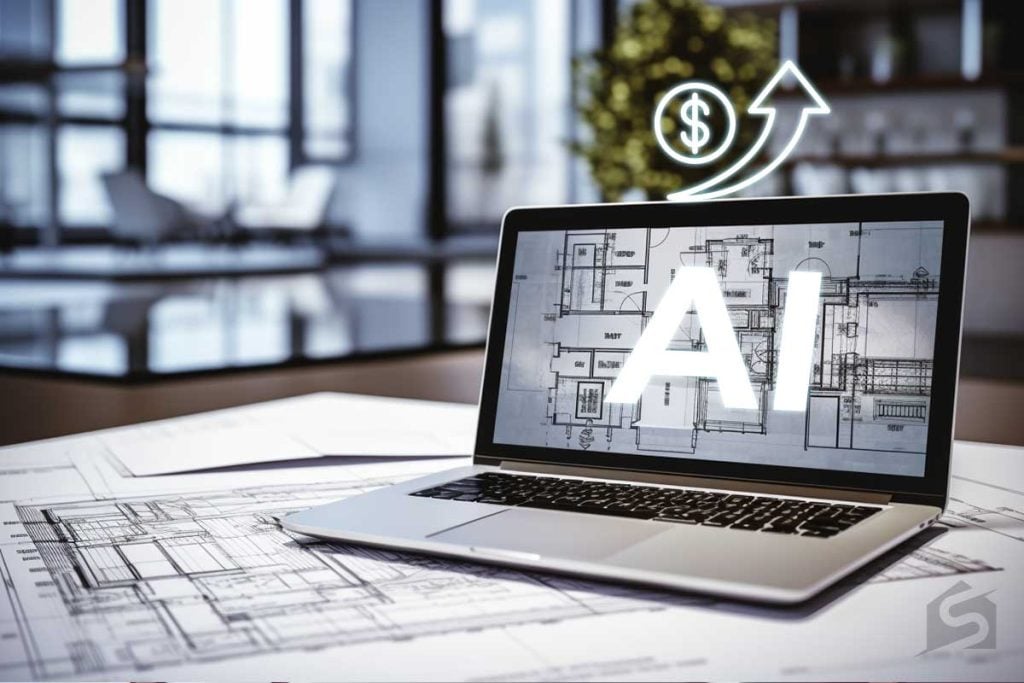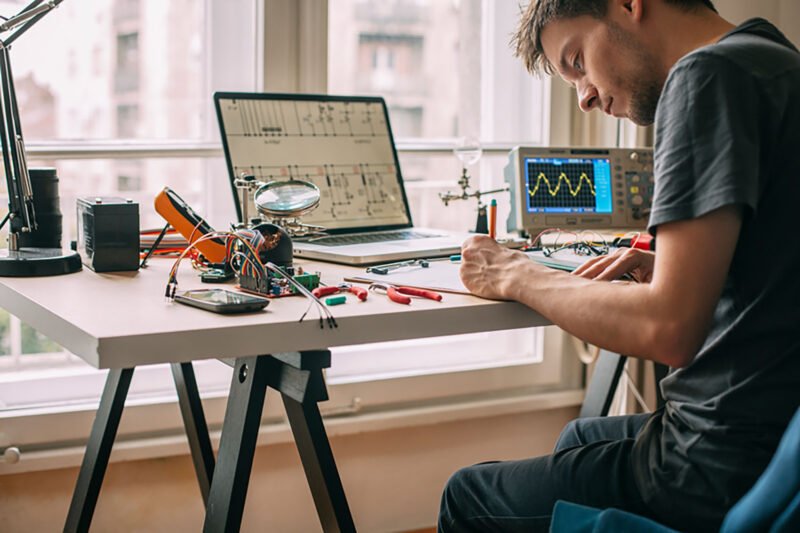In the fast-paced world of engineering, where innovation drives progress and problem-solving is key, the habits we cultivate play a pivotal role in our success. Engineers are not just skilled technicians; they are creative thinkers who navigate complex challenges daily.
What sets apart the most accomplished among them? It often boils down to a unique blend of work habits that enhance productivity, foster collaboration, and ignite creativity. In this article, we will explore three essential work habits that successful engineers consistently embrace, providing insights into how these practices can elevate both individual performance and team dynamics in the ever-evolving landscape of engineering.
Whether you’re an aspiring engineer or a seasoned professional, these habits might just hold the key to unlocking your potential and achieving exceptional results.
Effective Problem-Solving Skills

Effective problem-solving skills stand as a cornerstone for successful engineers, intricately shaping their ability to navigate the multifaceted challenges that arise in their work. Engineers are often confronted with obstacles that demand not just technical expertise but also innovative thinking and adaptability.
A successful engineer approaches problems by breaking them down into manageable components, assessing potential solutions, and weighing the implications of each choice. This analytical mindset, paired with creative brainstorming, allows for the emergence of novel solutions, even in high-pressure situations.
Moreover, collaboration plays a pivotal role; engaging with peers can reveal fresh perspectives and insights that an individual might overlook. Ultimately, it’s the blend of logical reasoning, creative exploration, and cooperative dialogue that empowers engineers to transform hurdles into opportunities for growth and advancement.
Strong Communication and Collaboration

Effective communication and collaboration are the lifeblood of engineering success, bridging the gap between innovative ideas and pragmatic solutions. Successful engineers understand that sharing their thoughts clearly while actively listening to others fosters a rich exchange of ideas.
Imagine a complex project where a diverse team converges, each member bringing unique insights from different disciplines—mechanical, electrical, and software engineering. Here, the engineer who articulates their vision succinctly while being open to feedback can lead the charge.
But it’s not just about speaking; its about weaving a tapestry of dialogues, where each thread represents a contribution that enriches the final outcome. Collaborative tools and regular check-ins can elevate this synergy, transforming isolated tasks into a cohesive effort.
In this dynamic environment, where adaptability reigns supreme, the ability to navigate conversations with finesse can turn challenges into triumphs, strengthening the teams resolve and creativity.
Continuous Learning and Adaptability

Continuous learning and adaptability stand as cornerstones of success for engineers in todays fast-evolving landscape. With technology advancing at a breakneck pace, the ability to absorb new information and pivot when necessary becomes not just beneficial, but essential.
Successful engineers actively seek out opportunities to expand their knowledge—whether through online courses, workshops, or simply engaging in discussions with peers. They aren’t just passive consumers of knowledge; they thrive on curiosity and experimentation, integrating new insights into their existing frameworks.
This mindset allows them to tackle complex problems with innovative solutions and to remain relevant amidst shifting industry trends. As challenges arise, the most adept engineers exemplify resilience and flexibility, deftly navigating the unknown with a commitment to growth and excellence.
Conclusion
In conclusion, the work habits of successful engineers reveal that their effectiveness stems from a blend of discipline, continuous learning, and strategic collaboration. By prioritizing these behaviors, engineers can enhance their productivity and contribute meaningfully to their projects.
Are engineers lazy? It’s essential to dispel any misconceptions around the profession, such as the stereotype of engineers being lazy; in reality, their dedication to improving systems and solving complex problems reflects a commitment that is far from lethargy. As engineers cultivate these habits, they not only advance their careers but also drive innovation and efficiency within their teams, ultimately leading to the success of their organizations and the engineering field as a whole.


